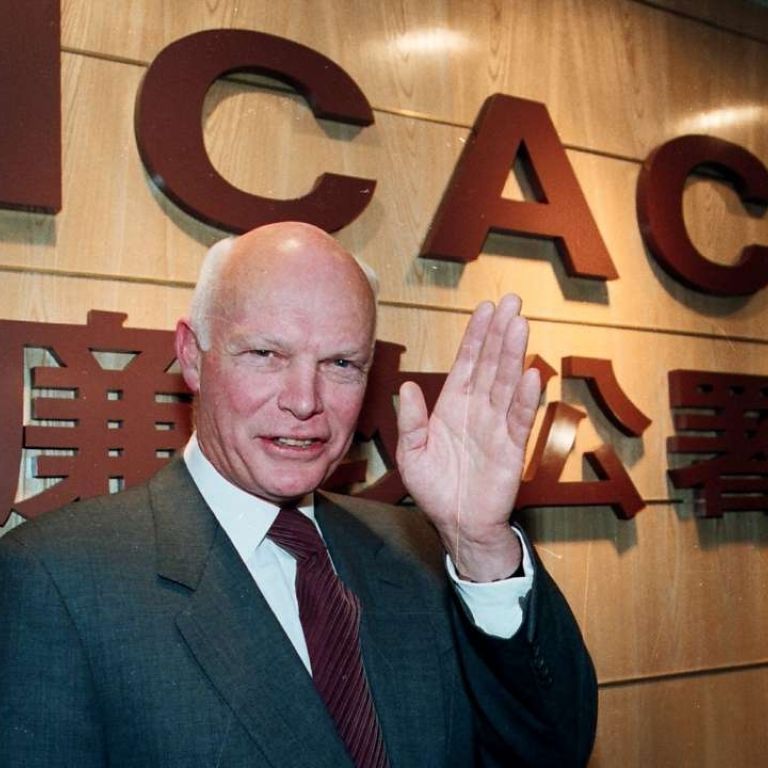
Master Bertrand de Speville, who died peacefully at his home in Kew on Sunday 29 March 2020, was born in Durban, South Africa. The de Speville family was well connected in France but with a strong presence in Mauritius, from where both of his parents came. Bertrand’s father, a successful civil engineer, brought his family to live in Salisbury in Southern Rhodesia (now Harare in Zimbabwe), where Bertrand and his three sisters spent their childhood.
Bertrand (‘Burd’ as he was known at school, or ’Bertie‘ as he was known to his many friends) was sent to St George’s College, a Jesuit school in Harare, where I met him at the age of 11. He was a popular schoolboy and a champion diver, with a touch of mischief and unfailing good humour. For his friends, it was something of an exotic pleasure to visit the de Speville French speaking home, with different customs, delicious and different food and three lovely sisters.
Like many ‘Rhodesians’ at the time, Bertrand came to England in 1960 to read law at UCL. Following his Call to the Bar in 1964, he completed pupillages with both Master John Griffiths and the late Master Patrick Mayhew. He was given tenancy in the chambers of the late Master George Bean (father of Master David Bean) and shared a room with Master Alan Moses at 1 Temple Gardens. They were hard times. The ‘staple diet’ was careless driving briefs for Amery Parkes, then the AA’s solicitors, and two or three guinea brief fees did not go a long way. Master Moses describes how they often went to the cinema together in the afternoons or played a game called ‘leggy’ with a tennis ball in their room. He recalls them working by candlelight during the ‘three-day week’. He adds: ‘He was really too nice and too measured to make a success at the Bar’. He was tough and had a quiet strength and patience and never complained about a lack of work. The only time he was cross was when Master Moses lost their typewriter, on which they typed their draft Particulars of Claim, with carbon paper copies, and which he had left on a train.
Bertrand left Chambers and joined the then Customs and Excise. But not for long. Master Griffiths, who was by this time Attorney General in Hong Kong, persuaded Bertrand to join the Government legal service there. He wanted to recruit a number of ‘super poms’. It was in Hong Kong that Bertrand showed his worth and made his mark. In due course he became Solicitor General in 1991, followed by Head of the Hong Kong Independent Commission Against Corruption in 1993, a position which he was widely thought to have held with distinction until ‘hand over’ in 1997.
In Hong Kong Bertrand’s formidable sailing talent was recognised and flourished. He had begun his sailing in a small reservoir near Harare. He could anticipate wind change uncannily and ‘always seemed to be in front’. As a skipper, unusually, he never raised his voice even with an incompetent crew. He captained the British Universities sailing team and sailed with Castaways. In Hong Kong he excelled and became President of the Hong Kong Yachting Association from 1992 to 1995. He managed the Hong Kong Olympic sailing teams for Seoul in 1988 and Atlanta in 1996. At the latter he stole the headlines by scooping Hong Kong’s only gold medal winner in Olympic history, Lee Lai San, off her wind-surfing board as she surfed up to the quay side. He was one of the first two umpires appointed for the America’s Cup for the final between USA and Italy in San Diego in 1992 and he became an Olympic Games juror. It was said that he ‘applied his quick legal mind to resolving rules issues in world sailing’ – not an easy task as anyone who sails will know.
After leaving Hong Kong, Bertrand headed an anti- corruption consultancy, which took him to 51 different countries, advising governments and institutions. His book, Fighting Corruption: The Essentials was translated into a dozen languages. He believed that ‘policy’ was not the way to fight corruption because the execution of policy was so often entrusted to the corrupt. There has to be a process, independent of government, that protects the anonymity of the complainant. This put him at odds with the World Bank. What was essential was ‘good governance, good citizenship and good process’. In 2012 he was awarded the Gusi Peace Prize to honour contribution to global peace and progress, in Manila in the Philippines, for his anti-corruption work.
His election as a Bencher in 2007 gave Bertrand immense pride and joy. Domus was where so many of his legal roots and friends were. Although he maintained a delightful family home in Mauritius, Britain had long ago become his home. He is survived by Carol and their children and families, who will miss him greatly. He was a loving family man and a dear friend.

